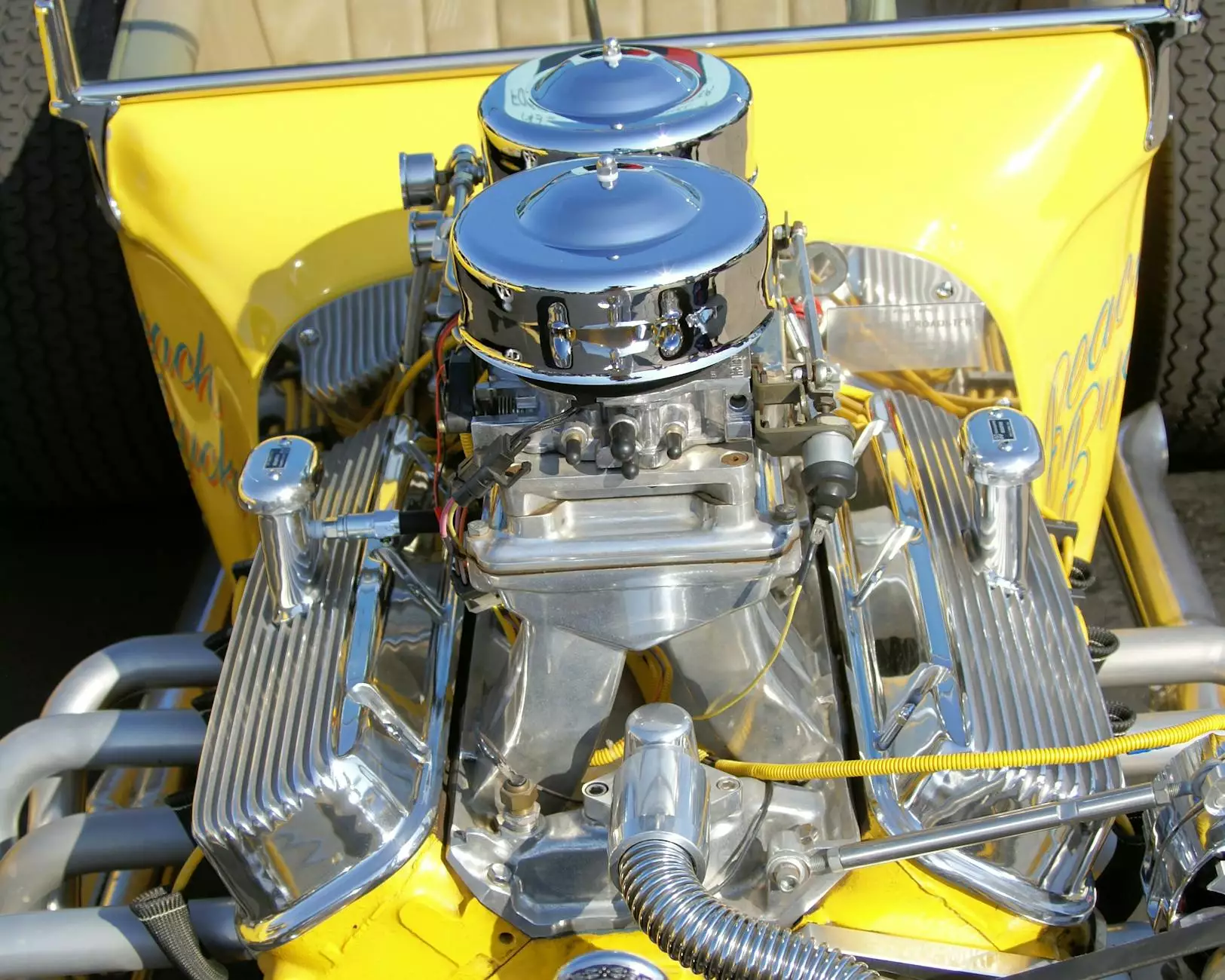The Importance of Automatic Valve Bodies in Automotive Transmissions

Automatic valve bodies are vital components in modern automotive transmissions, acting as the control center for the entire shifting process. Their primary role is to regulate the flow of transmission fluid, ensuring that the gears shift smoothly and efficiently. In this article, we will delve deep into the intricacies of automatic valve bodies, exploring their functionalities, benefits, maintenance tips, and how they contribute to the overall performance of your vehicle.
What is an Automatic Valve Body?
The automatic valve body is an aluminum or cast-iron component of an automatic transmission. It houses a network of valves, solenoids, and other essential parts that manage the hydraulic flow. When you're driving, the transmission relies on the valve body to determine when to shift gears, depending on various factors such as vehicle speed, engine load, and throttle position.
Components of an Automatic Valve Body
Understanding the components of an automatic valve body is essential for comprehending its functionality. Here are the main elements:
- Valves: These are critical for controlling the flow of transmission fluid to various parts of the transmission.
- Solenoids: Electrically controlled devices that help in shifting gears by directing fluid to the appropriate valves.
- Passages: Channels within the valve body that allow hydraulic fluid to flow to different components.
- Filter: Helps to keep the transmission fluid clean, preventing contamination and potential damage.
How Automatic Valve Bodies Work
At the core of every automatic transmission is a complex set of hydraulics, and the automatic valve body plays a pivotal role in this. Here’s how it operates:
- Signal Detection: The transmission control unit (TCU) detects various signals, such as throttle position and vehicle speed.
- Fluid Management: Based on the signals received, the TCU activates solenoids that direct transmission fluid to specific valves in the valve body.
- Gear Engagement: When the appropriate valve opens, it allows fluid to flow into the correct clutch pack, engaging the desired gear.
- Shift Timing: The TCU continuously monitors the conditions and adjusts the fluid flow to ensure the right shift timing and smooth operation.
The Benefits of a High-Quality Valve Body
Investing in a high-quality automatic valve body provides numerous advantages for your vehicle:
- Smoother Shifting: A precision-engineered valve body minimizes rough shifts and enhances driving comfort.
- Improved Performance: Optimal hydraulic control leads to quicker and more reliable gear changes, improving overall vehicle performance.
- Longevity: Durable materials and construction can extend the life of your transmission by preventing premature wear and tear.
- Increased Fuel Efficiency: Efficient shifting can lead to better fuel economy, saving you money at the pump.
Common Issues with Automatic Valve Bodies
Like any mechanical component, automatic valve bodies can face issues over time. Here are some common problems:
- Fluid Leaks: Damage or wear can cause fluid leaks, affecting transmission performance.
- Sticking Valves: Debris or contamination can cause valves to stick, leading to erratic shifting.
- Electrical Failures: Malfunctioning solenoids due to electrical issues can disrupt hydraulic flow and prevent proper shifting.
- Improper Pressures: If the valve body is not maintaining correct pressures, it can cause slipping or harsh shifts.
Maintaining Your Automatic Valve Body
Proper maintenance of the automatic valve body and the transmission as a whole is crucial for ensuring longevity and optimal performance. Here are some tips:
- Regular Fluid Changes: Change your transmission fluid regularly according to the manufacturer's recommendations to avoid contamination.
- Inspect for Leaks: Regularly check for any signs of fluid leaks under the vehicle and fix any issues promptly.
- Keep It Clean: Ensure the filter is clean and replace it if necessary to maintain fluid cleanliness.
- Diagnostics: Use diagnostic tools to monitor the transmission's performance and catch any electronic issues early.
Upgrading Your Automatic Valve Body
For performance enthusiasts, upgrading the automatic valve body can significantly enhance vehicle responsiveness and performance. Replacing it with a high-performance valve body can offer:
- Quicker Shifts: Performance valve bodies are designed for faster shifting, reducing lag and improving acceleration.
- Adjustability: Some aftermarket valve bodies allow for adjustments to suit specific driving styles or needs.
- Increased Durability: Many upgraded options use stronger materials to handle increased power without failure.
Choosing the Right Automatic Valve Body
When it comes to choosing the right automatic valve body, you should consider the following:
- Compatibility: Ensure that the valve body is compatible with your vehicle’s make and model.
- Quality of Materials: Look for valve bodies made from high-quality materials for better durability and performance.
- Brand Reputation: Choose reputable brands known for their performance and reliability in the automotive industry.
- Reviews: Read customer reviews and testimonials for insights on performance and reliability.
Conclusion
The automatic valve body is a crucial component of your vehicle's transmission that significantly impacts performance, comfort, and efficiency. By understanding its functionality, maintaining it properly, and opting for upgrades when necessary, you can ensure your vehicle operates at its best. At Shenghai Auto Parts, we provide top-quality automatic valve bodies and auto parts to meet all your automotive needs. Trust us to help you keep your vehicle running smoothly and efficiently for years to come.









